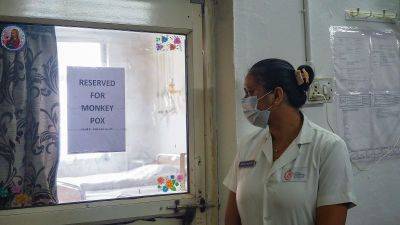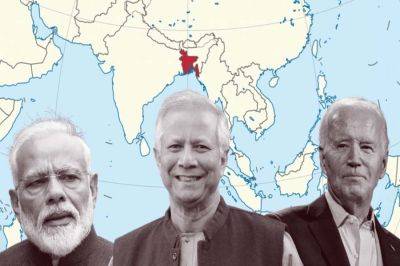What’s behind India’s latest #MeToo movement in Malayalam cinema?
A probe panel’s report has lifted the veil on widespread sex abuse in the industry, with more women coming forward with allegations too.
A spate of allegations of sexual misconduct has rocked the film industry in India’s southern state of Kerala, triggering a flood of police cases and leading to calls for a broader reckoning within what is known as Mollywood.
The latest wave of the #MeToo movement, which first took off in 2017, erupted after the findings of an inquiry – into issues faced by men and women in the film industry – prepared by a government-appointed panel known as the Hema Committee, were published on August 19. The report unveiled rampant sexual abuse alongside other workplace violations against women who work in the Malayalam film industry. Malayalam is the dominant language of Kerala.
Sexual harassment is “the worst evil” faced by women in the industry, the report, which spans more than 200 pages, said.
So, what’s happening in Malayalam cinema, what does the report say, and what’s next?
In February 2017, an actress was abducted and sexually assaulted by a group of men in a car when she was commuting in Kerala, which sits on India’s southern Malabar coast. The men recorded a video of the assault.
In response to this incident, 18 women from the Malayalam film industry came together under the Women in Cinema Collective (WCC). Malayalam actor Gopalakrishnan Padmanabhan – better known by his stage name Dileep – was arrested in July 2017 for allegedly orchestrating the assault. He was released on bail after three months. The court is still hearing the case.
Al Jazeera emailed Dileep’s lawyer, Raman Pillai, seeking responses to specific questions pertaining to the allegations against the actor, and those in the







